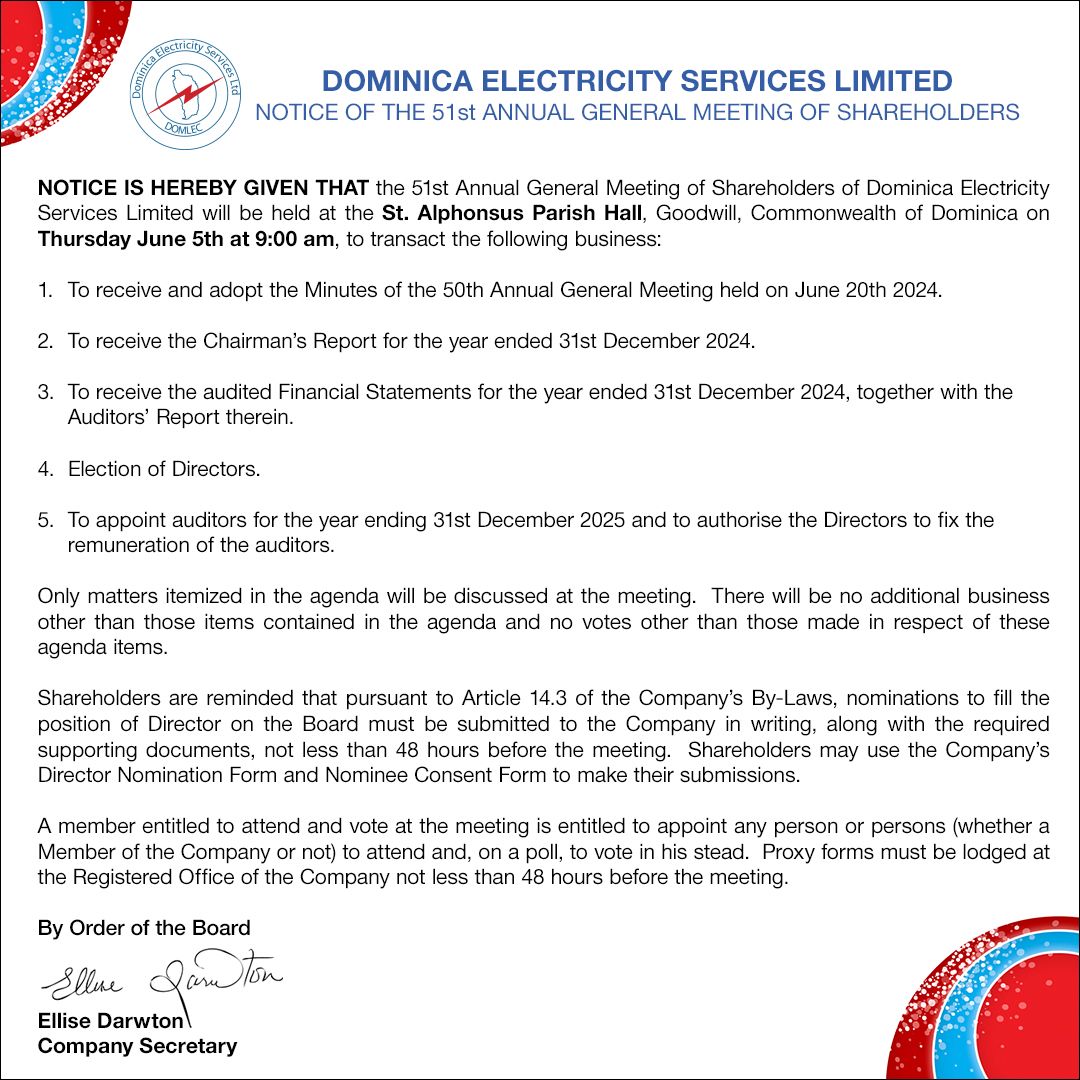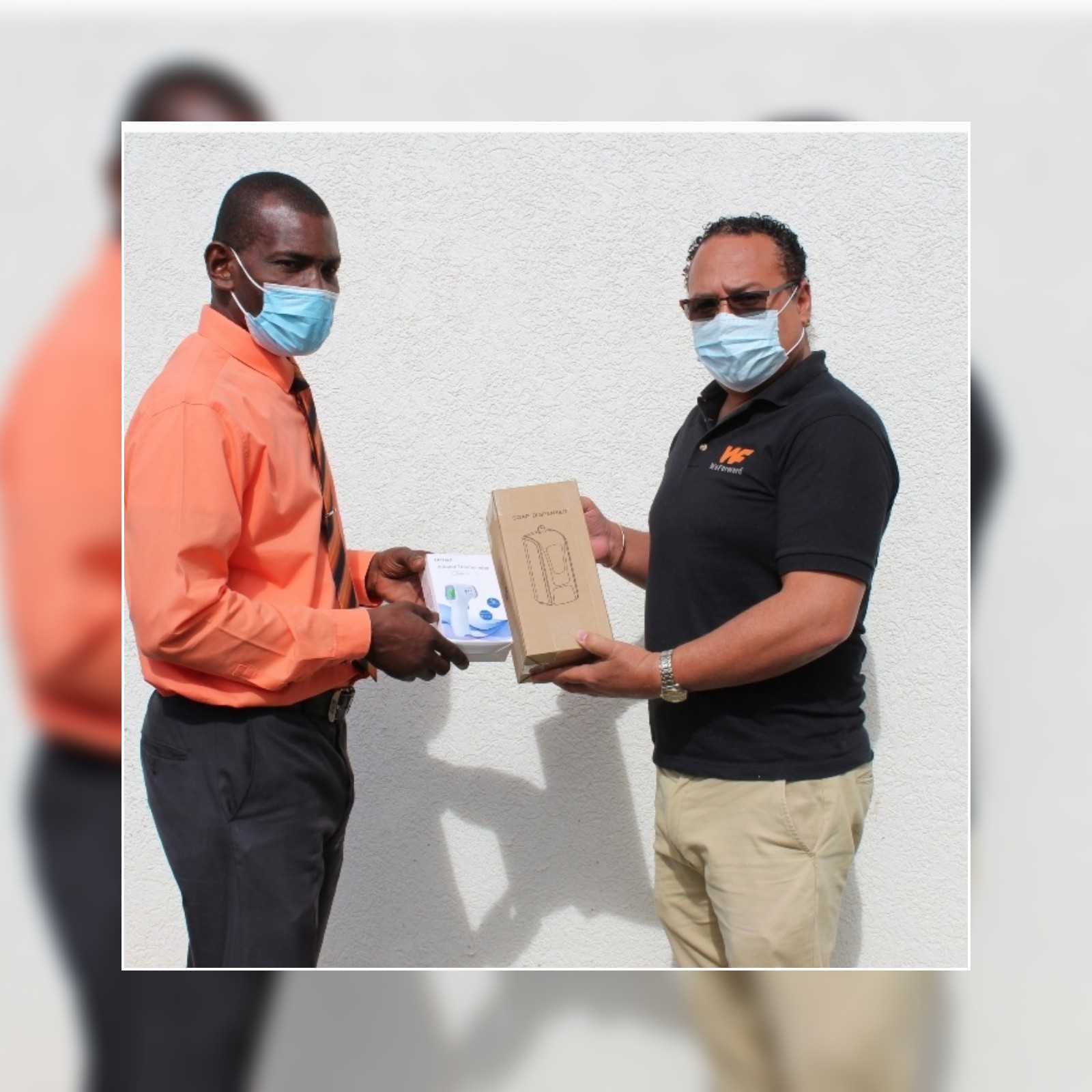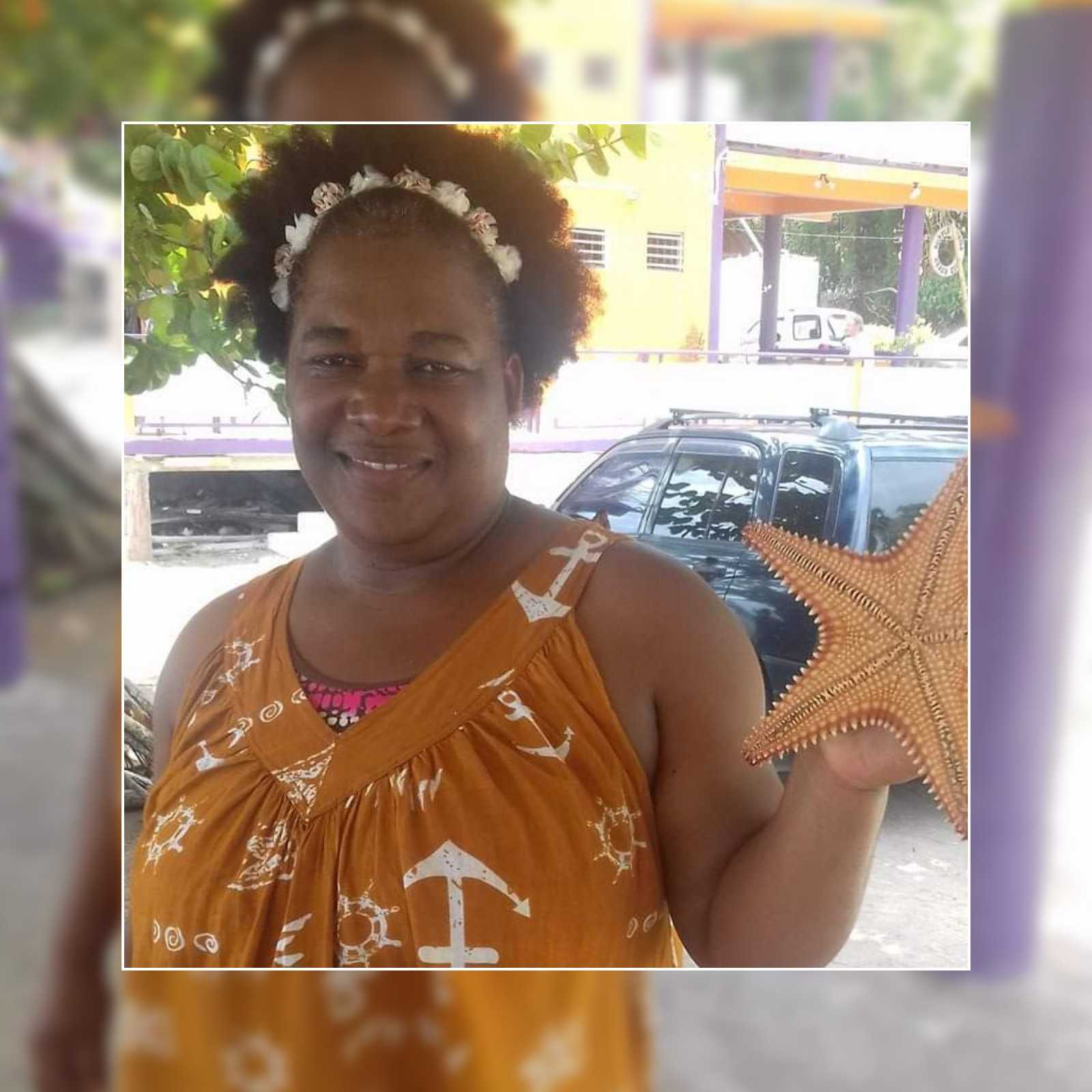
Bridgetown, Barbados, 10 March 2021 (PAHO/WHO) – The Pan American Health Organization (PAHO) and the University of the West Indies (UWI) are seeking to understand what Caribbean people know about the links between climate change and their health through a survey being carried out via Caribbean mobile phone network, Digicel.
The survey targets adults, 18 years and older, across 10 Caribbean countries: Trinidad and Tobago, Antigua, Dominica, Grenada, Guyana, Jamaica, St. Kitts and Nevis, St Vincent and the Grenadines, St Lucia and Barbados. It is also available on partner social networks and at this link.
Respondents will be asked to complete a short questionnaire which should take about ten (10) minutes and participation is entirely voluntary, anonymous, and individual data will not be shared.
The survey is a critical tool to gain baseline information for the European Union funded 5-year project aimed at empowering Caribbean action for climate and health. It is being implemented by the PAHO and brings together project partners including CARICOM, the Caribbean Community Climate Change Centre, the Caribbean Public Health Agency, the Caribbean Institute for Meteorology and Hydrology and the UWI. Other UN agencies and universities like St George’s University will also participate.
The Pan American Health Organization (PAHO) works with the countries of the Americas to improve the health and quality of life of its population. Founded in 1902, it is the world’s oldest international public health agency. It serves as the Regional Office of WHO for the Americas and is the specialized health agency of the Inter-American system.
The PAHO Subregional Program is responsible for providing subregional technical cooperation and to strengthen PAHO’s engagement with the Caribbean Subregional integration mechanisms, the Caribbean Community (CARICOM) and its various bodies and organs; and to build synergistic partnerships with the subregional institutions such as the Caribbean Public Health Agency (CARPHA) and the University of the West Indies (UWI), among others. PAHO’s subregional technical cooperation specifically focuses on public health issues which would benefit from economies of scale and for which agreement on proposed collective responses and actions would produce a far greater impact rather than individual country responses. The Subregional Program also plays a role in coordinating among the different PAHO country offices.











